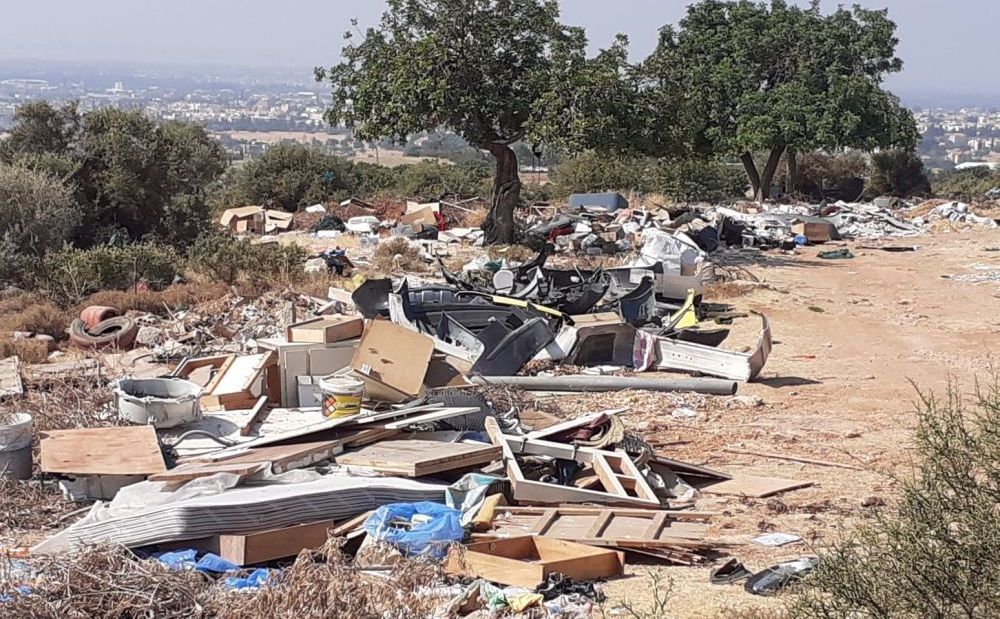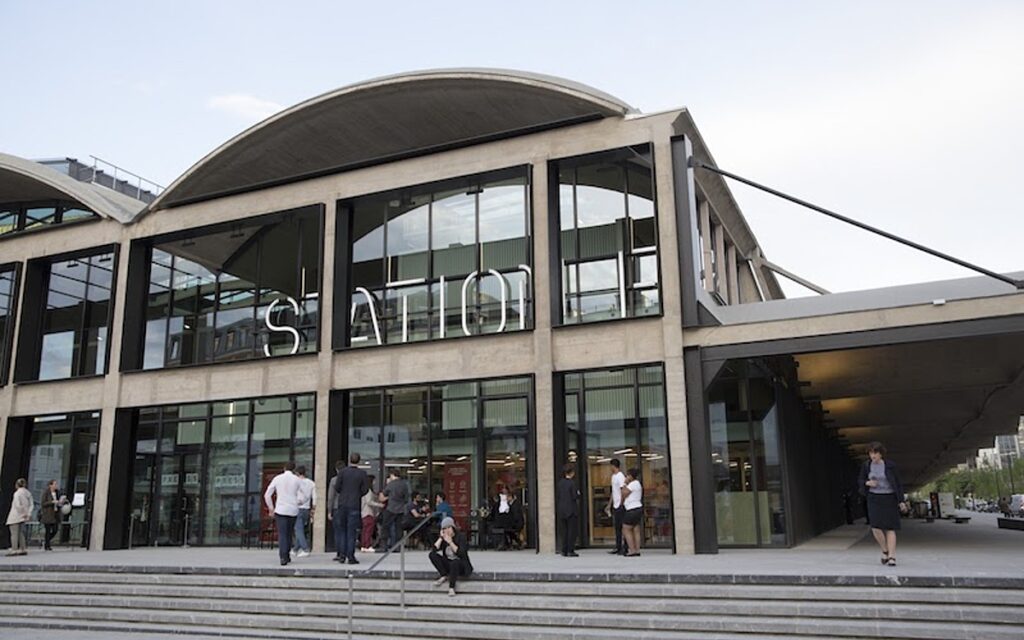
Cyprus is steadily developing its recycling system. However, there are still a number of issues on which there is a lot of serious work to be done. In the pages of the Cyprus Mail, experts have identified three most problematic environmental policy issues for Cyprus.
Labels are more dangerous than packaging
Since its accession to the EU, Cyprus has made some progress in effective waste management. But the country still has a number of issues that need to be addressed quickly. Waste management is almost the biggest environmental problem in Cyprus. It is the responsibility of every producer to control and minimize the volume of waste. One option is to use packaging suitable for recycling or composting. This is important because often there is a situation where the packaging itself is recyclable, but the labels on it are not. A good example is plastic water bottles. Until recently, manufacturers used synthetic paper on which they printed all of the product information. This made recycling very difficult and the synthetic paper was replaced with plastic. A visit to a recycling plant is the surest way to convince anyone that many local products use non-recyclable packaging.
Lack of transparency exacerbates the problem
The second important question is where does the garbage go? In practice it turns out that liquid and solid waste, hazardous substances, construction and demolition leftovers, and old electrical appliances can be found scattered all over the country. EU legislation prescribes: waste management must be transparent. This means that the company is obliged to provide a report on where it has disposed of the waste. In reality, this rarely happens.
Palm oil. Cyprus ignores the EU ban?
Finally, the third problem is the sources of raw materials. It is well known that vast areas of rainforest are destroyed to produce palm oil, and palm trees are planted to produce oil instead. The Internet is full of information about campaigns against big producers who use palm oil. Some activists do not buy products that use this type of raw material as a matter of principle.
The European Union has banned the use of wood from deforestation of tropical forests altogether, whether for palm oil or for other purposes, through the Forestry Law of Governance and Trade (FLEGT). Cypriot producers, however, do not seem to be aware of this problem. They continue to use palm oil as if nothing had happened.


